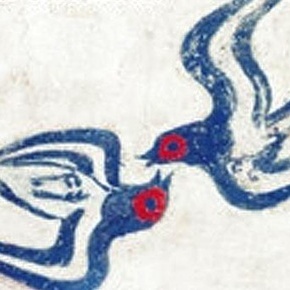
Howling whispers
Aeschylus wrote the Oresteia at the age of 67, after a life that had included divine inspiration (he was advised by Dionysus in a dream that writing plays, rather than cultivating vineyards, might perhaps be his true calling), overwhelming and continuous political change in his native Athens, valour in battle during the Persian wars, fighting...
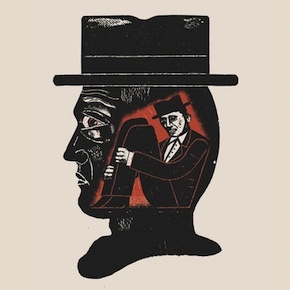
The dream of a ridiculous man
This is a dark firecracker of a book – a deceptively slim volume dominated by a single, long-drawn voice that holds tremendous evocative powers and contains almost overwhelming quantities of undiluted pain but also startling wisdom. The storyline is almost risible – and the main character is convinced that the murkiest ridicule is his quintessential...

Through a mirror darkly
Well before Shakespeare made the feeling into one of the most celebrated tenets of art as well as life, the Greeks had already been there and done that. The principle of “all the world’s a stage” was for them the clearest, most perfect prism through which to analyse the full, multi-hued spectrum of human experience,...

Where unhappiness ends: Naples beyond Ferrante
You know you are in Naples when the taxi taking you to the city centre from the tiny local airport seems to be driven by a perfectly amiable madman, dead set on breaking your neck (and his) as he hurtle-bumps his vehicle down the almost vertical, serpentine ribbons that are many of the city streets....
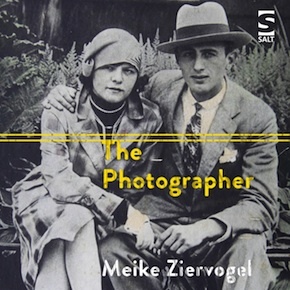
Lives in black and white
If we seek truths, we should look into fairy tales; at least this seems to be Meike Ziervogel’s advice, as she begins her novel with the all-familiar “Once upon a time…” It is still hard for Germany to search for truths, the many sore, dark, unspeakable looming truths behind the period of National Socialism, the...
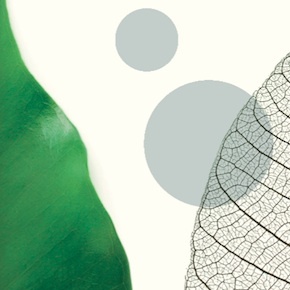
A breath of sadness
“Like a breath of sadness” is how Edvard Munch felt at the time he painted The Scream. “I stood there shivering from dread – and I felt this big, infinite scream through nature,” he wrote in his diary for 1890–92. A reader of Larry Tremblay’s The Orange Grove will inevitably feel the same – will...
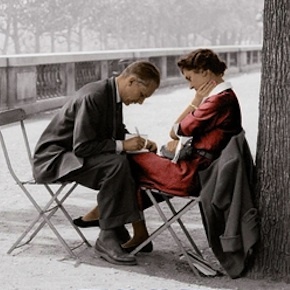
Catching the past
In 2014, Otto de Kat wrote a short essay for PEN, where he gives a poetic yet also practical definition of the art and skill of writing historical fiction, of crafting novels whose life must be fictional, and yet feistily rooted in factual reality. This genre has been his own home since 1998, when he...
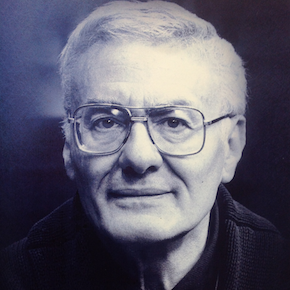
Peter Shaffer: An immortal life
Our lives, our intellectual and emotional worlds, our humanity and imagination, owe a great, indelible debt to Peter Shaffer, for revealing to us the wonder and the dark mystery of our existence, for enhancing so starkly and so gently our knowledge of ourselves, of our history and society, its ethics, aspirations, the sheer mechanics and...

On borrowed ground
It is fair to say that the ancient Greeks gave to the literary imagination some of the greatest female characters, that they created, even, the very genre of a female protagonist. In a world presumed to be dominated by men, male thought and undeniably masculine politics, it is women who often offer the starkest, most...
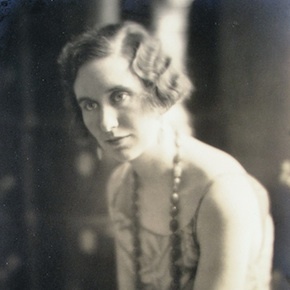
Seduced by utopia
“Now do tell me – what does it feel like to wake in the morning on a Tuscan farm?” Virginia Woolf asked a much younger Iris Origo in 1935. Invited to stay for tea at the Tavistock Square flat above the Hogarth Press, Origo, we may assume, obliged with a beautifully eloquent answer – after...

Cloak and dagger à la Russe
The family of Governor Yegor von Rasimkara, we are told early in Ricarda Huch’s The Last Summer, have only one defect all told: that of “belonging to an era that must pass” – in order to make room for the one impatiently keen to take its place. A generally endearing walrus of a father in...
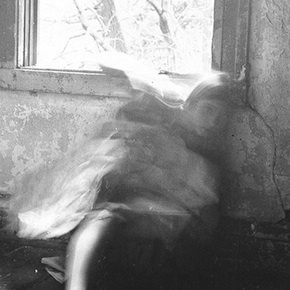
A total portrait of the artist as an absence
Elena Ferrante is traditional in the most radical, boundary-dissolving ways; conventional with subversive fervour and delicately powerful talent. In Frantumaglia: A Writer’s Journey she proves above all the invincible strength of her authorial translucence, the rock-solid presence of her so-called anonymity, which she invariably corrects as being a determined gesture of absence. The word frantumaglia,...

